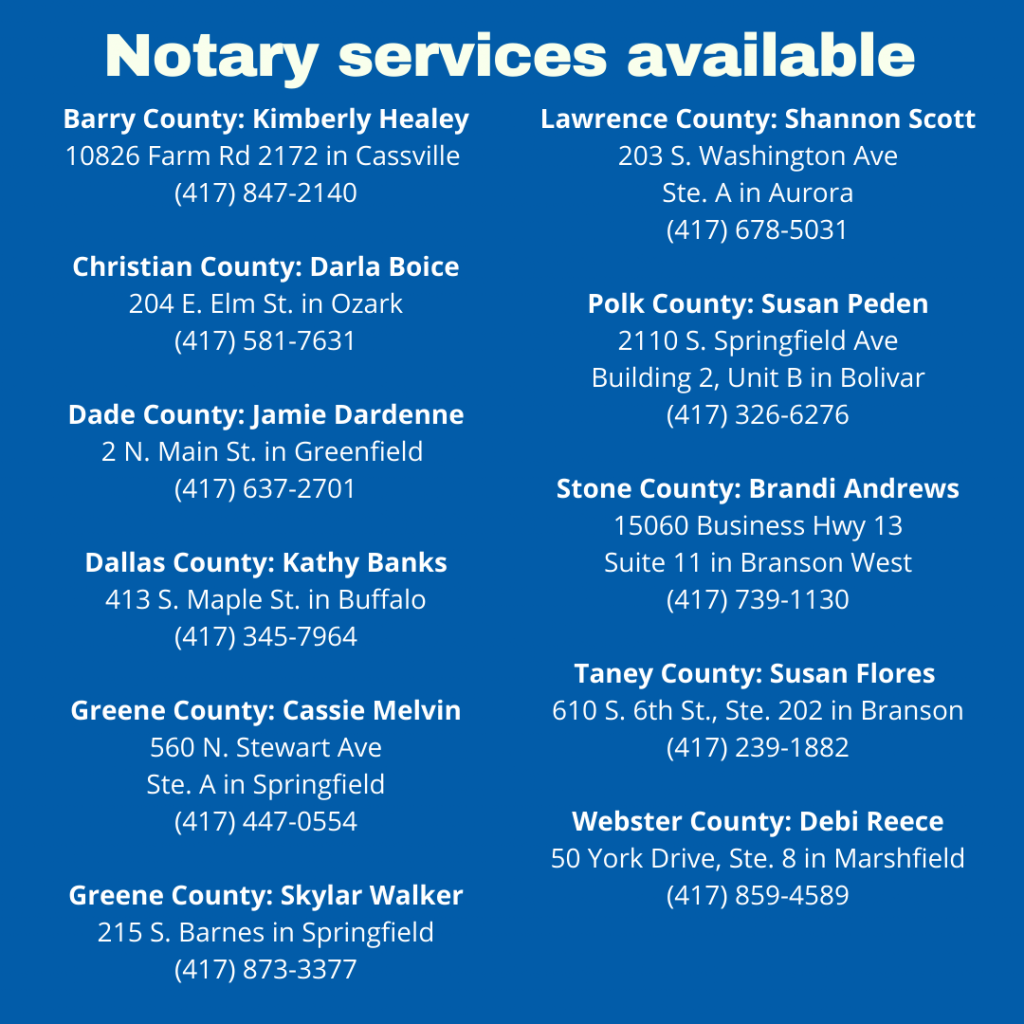Navigating DIRCO Demands: Compliance and Diplomatic Relations
Navigating DIRCO Demands: Compliance and Diplomatic Relations
Blog Article
Demystifying Notarial Job: Simplifying the Role and Importance of Notaries
Their function, usually shrouded in enigma for lots of, lugs significant weight in guaranteeing the validity and honesty of essential papers. By unwinding the intricacies surrounding notarial methods and losing light on the value of their acts, a more clear understanding arises of the essential duty notaries play in maintaining the fabric of contractual and lawful arrangements.
The Background of Notarial Work
Just how did notarial job advance with time to come to be an essential component of lawful and business transactions? The history of notarial work dates back to ancient worlds, where scribes played a vital role in recording essential info and validating files. As cultures advanced, the need for a more formalized system to guarantee the validity of contracts developed. This brought about the growth of notaries, people selected by the state to act as objective witnesses in legal issues.
Throughout the Middle Ages, notaries gained importance in Europe, with their features increasing to consist of composing legal papers, certifying signatures, and preserving records. The rise of global trade further emphasized the significance of notarial work in verifying contracts and contracts throughout boundaries.
In the contemporary period, notaries remain to play a vital role in legal and service purchases by confirming identities, validating the authenticity of records, and preventing fraud. Their duty in certifying the legitimacy of arrangements includes a layer of security and depend on to the ever-evolving landscape of business and regulation.

Duties and Obligations of Notaries
Notaries play an important duty in validating the authenticity of records and the identity of notaries. One of their key obligations is to witness the finalizing of crucial records, such as acts, contracts, and wills, to make certain that all events are getting in right into arrangements purposefully and voluntarily.
Additionally, notaries are charged with carrying out affirmations and oaths, which are vital in legal procedures and the execution of affidavits. They certify copies of original papers, giving guarantee to organizations that the copies hold true replicas of the originals. Notaries must keep accurate records of all deals they supervise to make certain openness and accountability. On the whole, the responsibilities and responsibilities of notaries are necessary in securing the integrity and validity of numerous records and transactions.
Notarial Certificates and Signatures
Exhibiting thorough interest to information, notarial certificates and trademarks work as vital parts in verifying the authenticity of lawful documents. Notarial certifications generally include essential information such as the date of notarization, the names of the signatories, a summary of the record, and the notary's main seal. These certificates supply a clear document of the notarial act, ensuring that the paper can be quickly determined and traced back to the notary who oversaw the procedure.
Trademarks play a pivotal role in notarial job, as they symbolize the agreement and approval of the events entailed. Notaries carefully witness the finalizing of files to validate the identification of the notaries and verify that they are signing of their own free will. By affixing their main weblink seal and signature to the file, notaries certify that the needed procedures have been complied with and that the document is enforceable and valid.
Fundamentally, notarial certificates and signatures are the hallmark of authenticity in lawful purchases, offering assurance to all events included that the files are legitimate and binding.
Importance of Notarial Acts

Registration Refine Explained
The registration procedure commonly begins with the specific providing the paper to a notary public. When the identity is confirmed, the notary ensures that the specific signing the paper does so willingly and without any kind of coercion.

Conclusion

Notarial certificates normally consist of essential info such as the date of registration, the names of the signatures, a description of the paper, and the notary's main seal. These certifications supply a clear document of the notarial act, making certain that the file can be easily identified and mapped back to the notary that looked after the procedure.
By fastening their official seal and trademark to the file, notaries license that the necessary treatments have been adhered to and that the paper is enforceable and valid.
By validating the identification of the signatories, verifying their willingness to get in right into the arrangement, and licensing the day and location of the finalizing, notaries play an essential function in upholding the credibility of lawful documents.After the file is signed, the notary will attach their official seal or stamp onto the file.
Report this page